S.Y. Agnon, 1887-1970CIE+
Known by the acronym Shai, Agnon became Israel’s first Nobel laureate when he received the literature prize in 1966. No other Hebrew writer has won the Nobel in literature. Born in Galicia, now part of…

Known by the acronym Shai, Agnon became Israel’s first Nobel laureate when he received the literature prize in 1966. No other Hebrew writer has won the Nobel in literature. Born in Galicia, now part of…
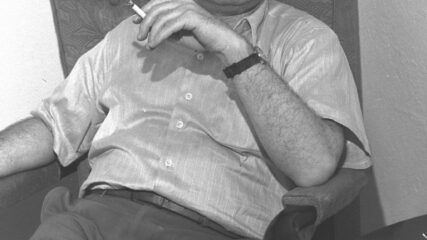
Born in Ukraine, Agron (originally Agronsky) immigrated to the United States. He wrote for Jewish newspapers and later for the Jewish Telegraphic Agency. In 1918 he joined Britain’s Jewish Legion in Palestine. He dived into…
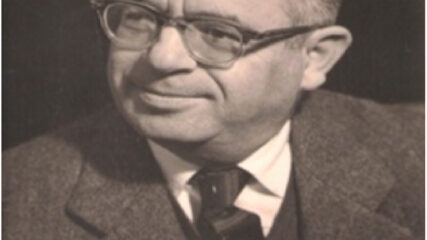
A Jerusalem native, Alcalay was a lexicographer best known for his “The Complete Hebrew-English Dictionary,” which was popular for its colloquial style. He also wrote “The Hebrew Lexicon of Foreign Words and Phrases.” He was…
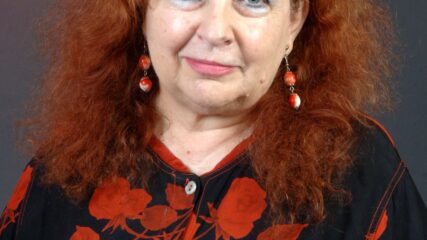
Born in Petah Tikvah to German Jewish immigrants, Almog is considered one of the most important writers in Hebrew literature. Trained as a teacher, she published her first story in 1967 and first novel, The…
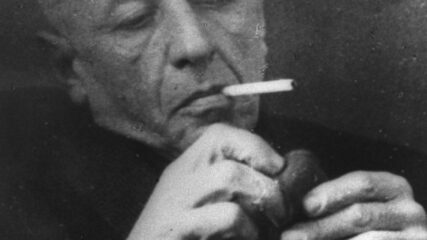
A Warsaw native who moved to Tel Aviv as a teen, Alterman was a playwright, poet, journalist and translator who influenced Labor Zionism and socialist Jewish policies despite never holding political office. He opposed martial…
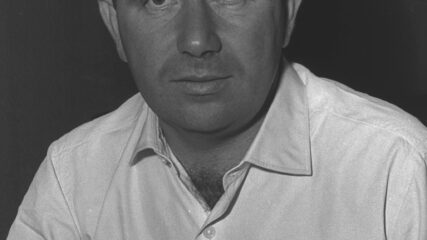
Born in Germany, Amichai immigrated to Mandatory Palestine in 1935 and became one of Israel’s best-known poets and the poet laureate of Jerusalem. He fought for the British in World War II, then with the…
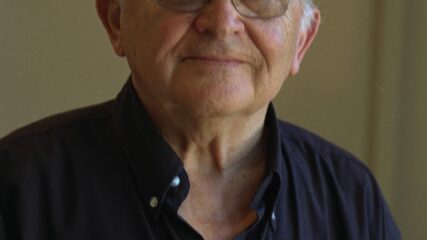
Born in a part of Romania that is now in Ukraine, Appelfeld was a writer and professor who survived the Holocaust as a child after escaping a concentration camp. He reached the Land of Israel…

Bat-Miriam, born in Belarus, is considered one of the four “mother poets” of modern Hebrew. Her 1937 book, “Eretz Yisrael,” examines the Land of Israel as a woman. She wrote many poems about biblical women…
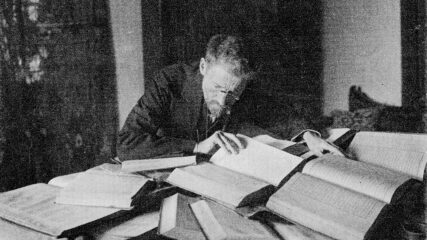
Ben-Yehuda was born in Belarus and moved to Palestine in 1881. He championed the use of modernized Hebrew as an essential element of Zionism. He edited Hebrew newspapers, created the first modern Hebrew dictionary and…
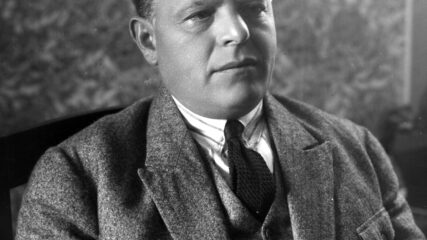
Bialik, recognized as Israel’s national poet, was born in Ukraine and moved to Palestine in 1924. After interviewing survivors of the 1903 Kishinev Pogrom, he wrote “Be-Ir ha-Haregah” (“In the City of Slaughter”), in which…
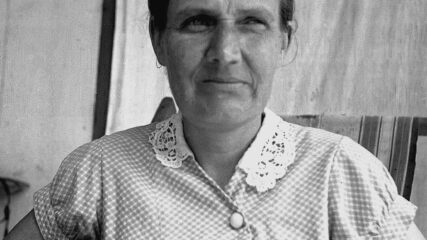
Bikhovsky, one of the “four mothers” of modern Hebrew poetry, often known simply as Elisheva, wrote about Zionism and antisemitism without biblical and rabbinical references. She was drawn to Hebrew as a Russian girl and…

An Austrian-born journalist, activist and writer, Birnbaum coined the word “Zionism” in the late 19th century. Using the pseudonym Mathias Acher, he wrote about the sociopolitical culture of European Jewry and expanded on the ideas…
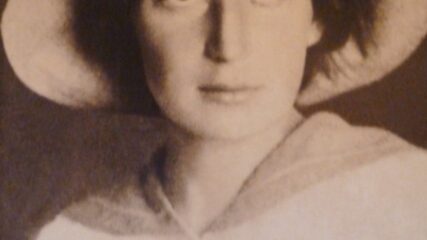
One of the four “founding mothers” of modern Hebrew poetry, known as Rachel the Poetess or simply Rachel, Bluwstein was born in Russia and moved to Ottoman Palestine in 1909. She wrote most of her…
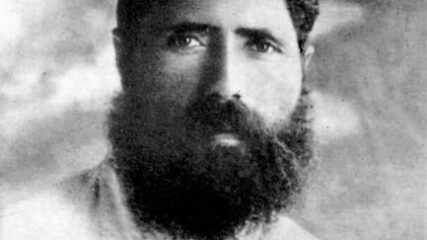
Born in Ukraine, Brenner emerged as the leading Hebrew literary figure in Palestine in the early 20th century. He joined the Bund, a Jewish socialist movement, as a young man and became a Zionist who…

Feiwel was born in Moravia, now in the Czech Republic. He co-founded the Jewish People’s Voice in 1897 and the Jiidischer Verlag publishing house in Berlin in 1902 and served as the editor of Theodor…

Ukraine-born Gilboa was one of Israel’s leading poets, winning the Bialik and Israel prizes. His poems incorporated a biblical theme of moral ambiguity and reflected his experience as a soldier in World War II with…
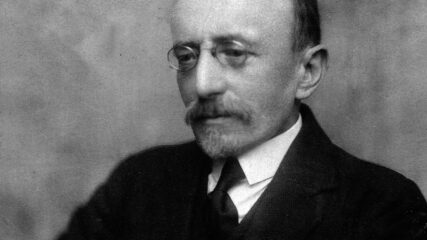
Born in Ukraine, Ahad Ha’am joined Hovevei Zion (Lovers of Zion) in Odesa and attended the First Zionist Congress but opposed political Zionism. He preferred cultural Zionism, creating a Jewish cultural center in Palestine as…

Raised in Lithuania, Goldberg settled in Tel Aviv in 1935 and became a Hebrew poet, literary translator, and author of children’s books and plays. She referenced the effects of World War II on Jews in…
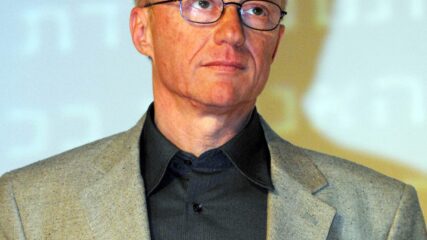
A Jerusalem native, Grossman is one of Israel’s most prolific and most acclaimed writers. His books have been translated into more than 30 languages. His 2017 novel, “A Horse Walks Into a Bar,” received the…
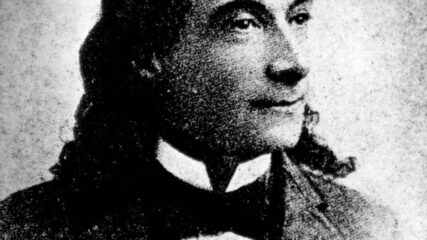
Born in Ukraine, Imber moved to Palestine in 1882. Trained as a watchmaker, he instead became a Hebrew poet. His first poetry collection, which he published in Jerusalem in 1886, included “Tikvateinu” (“Our Hope”), which…
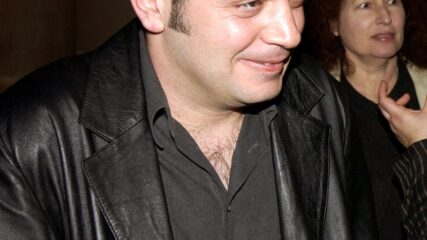
Kashua is a Palestinian-Israeli author and columnist born in Tira in Israel’s Arab Triangle. He attended the prestigious Israel Arts and Science Academy boarding school in Jerusalem. Writing mostly in Hebrew about being an outsider…
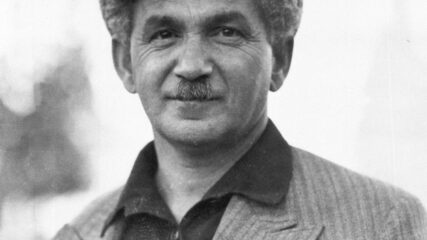
Belarus-born Katznelson co-founded the Histadrut labor federation and advocated for labor unity to uplift Jewish workers and small landholders. Immigrating to the Land of Israel in 1909, Katznelson became involved in labor councils. He helped…
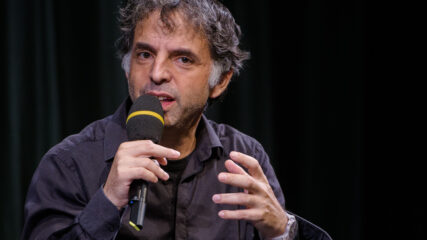
Born in Ramat Gan to Holocaust survivors from Poland, Keret is internationally renowned for quirky, darkly humorous short stories, novels and screenplays exploring such themes as love, death, morality and the meaning of life. His…
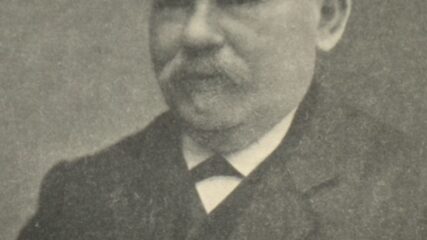
A Belarus native, Levin was a Jewish Enlightenment poet who wrote in Hebrew on socialist themes. Concerned with Jewish lives in Russia, Levin wrote one of his most famous poems, “Daniyel be-gov ha-arayot” (“Daniel in…